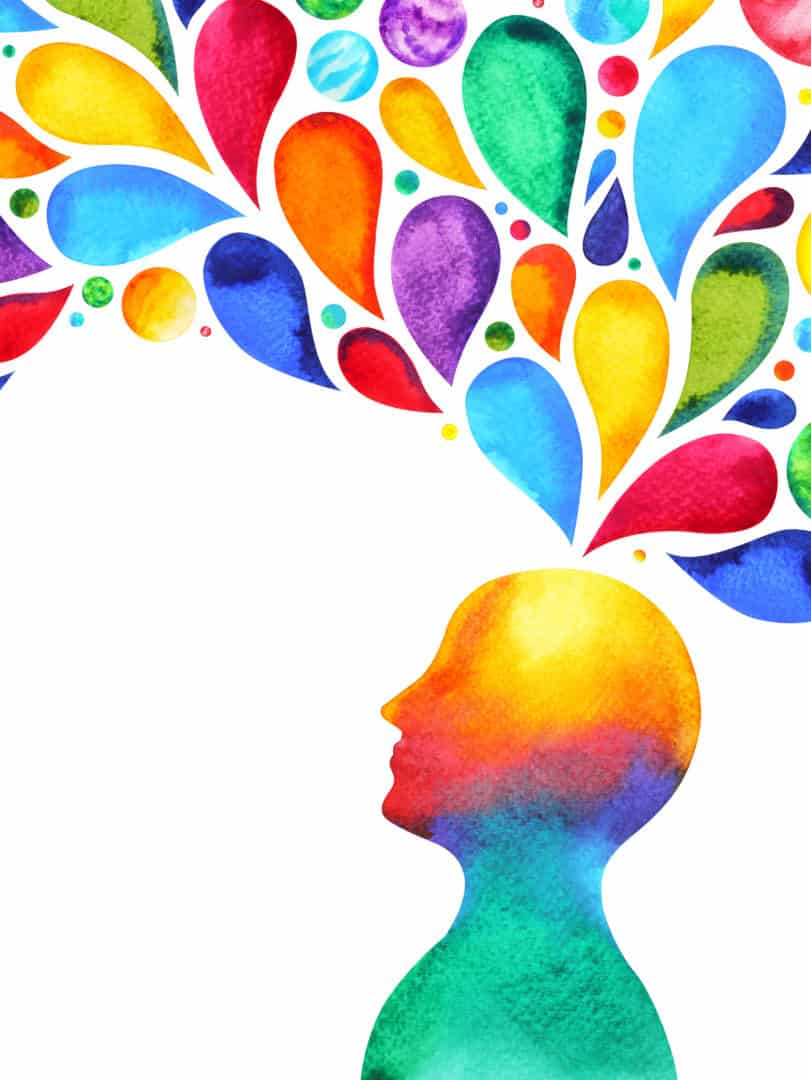3 Ways to Stay Mentally Sharp As a Modern Midlifer

As modern midlifers, we have already done a lot, seen a lot, and overcome a lot in life. Contrary to popular belief, this Second Act of ours doesn’t stop us from wanting more. In fact, the new challenges it presents us with are something we are happy to embrace.
For instance, you may have noticed some changes in your thinking. From misplacing items to losing the right word in conversations, we know we aren’t the only ones. That’s why we have compiled the three best ways modern midlifers use to stay as sharp as ever– so you can go on to your next thing with the same vim and vigor as you always have.
1. Keep learning.
Harvard Health says that a higher level of education may help keep memory strong as mental exercise is believed to activate processes that stimulate brain cell communication. Prioritizing your brain by regularly challenging yourself in different ways will help you stay sharp as a tack.
You could read books or new academic research on topics that interest you, play games that improve memory, such as Sudoku or Concentration, or learn a new language (whether you plan on international travel or not!). Personally, we have been participating in online classes and seminars from the American Battlefield Trust, The Gilder Lehrman Institute of American History, and even recently learned to prepare Asian street food through an online course from the Food Network.
Challenging your mental capacity in these ways by learning new concepts and exercising your memory will allow you to better concentrate on remembering newer, more important information. That way, it won’t take as much effort on your part to remember where you left the keys or what time you made dinner reservations.

One of our personal favorite resources, the Stanford Longevity Center, focuses on a number of initiatives and infrastructures to give modern midlifers more agency in their Second Act. The Center offers countless news updates and resources that offer insight into staying mentally sharp, physically fit, and financially secure as a modern midlifer.
When it comes to staying mentally sharp through learning, the Center aims to create stimulating environments within current norms and social institutions. Their research and engagement look to increase opportunities for active engagement such as longer working lives and volunteering activities which ultimately benefit both individuals and communities.

2. Engage your body.
The more of your body you use to learn or do something, the more your brain will be involved. By fully engaging your body and using all your senses, you are exercising your brain and teaching it to retain more.
We have spoken before about whole-body wellness; our minds and bodies are interconnected. What benefits the body benefits the brain. Consistent, quality sleep and diet are essential to your mental sharpness. Regular exercise, as simple as taking a walk, also goes a long way toward improving your memory and cognitive skill.
The Stanford Longevity Center reports that “Less than 5% of adults participate in 30 minutes of physical activity each day; only one in three adults receives the recommended amount of physical activity each week”. While the public at large recognizes the health benefits of more physical activity, activity levels are not actually rising. The Center aims to increase general physical activity through public policy and education to create a lasting impact on the modern midlife community.
You can incorporate simple exercises into your daily routine to get a boost in your body and your brain, such as:

- Walking around your neighborhood
- Hiking a nearby nature trail
- Playing tennis or pickleball
- Walking your dog
- Practicing yoga or meditation
- Swimming or water aerobics
3. Connect with your community.
A 2018 study published in Scientific Reports found that midlifers with consistently high or increased levels of socializing had a lower risk of developing cognitive deficits, such as dementia.
Spending quality time with friends and family, or even making new friends can significantly help improve your mood and mental agility. Additionally, while academic research explains a lot of the ‘why’ about the challenges we face as modern midlifers, your experience cannot be riddled down to just science.
There are a lot of complex and difficult emotions that go along with embarking on this Second Act of ours and it can feel lonely if you aren’t able to connect with others about those emotions. Connecting with the wonderful community we have built together will not only keep you mentally sharp but allow you to make new friends as well.
We invite you to join our community over on Facebook to tell your story, get advice, and meet other modern midlifers who aren’t about to let some stereotypes get in the way of our hunger for life and all it has to offer.
The challenges we face as modern midlifers are distinct from the challenges of disease-related aging. Resources like the Standford Longevity Center help to distinguish the two through its research and initiatives. It is important to talk with your doctor if you or your loved ones are exhibiting cognitive symptoms that interfere with normal activities and relationships.
